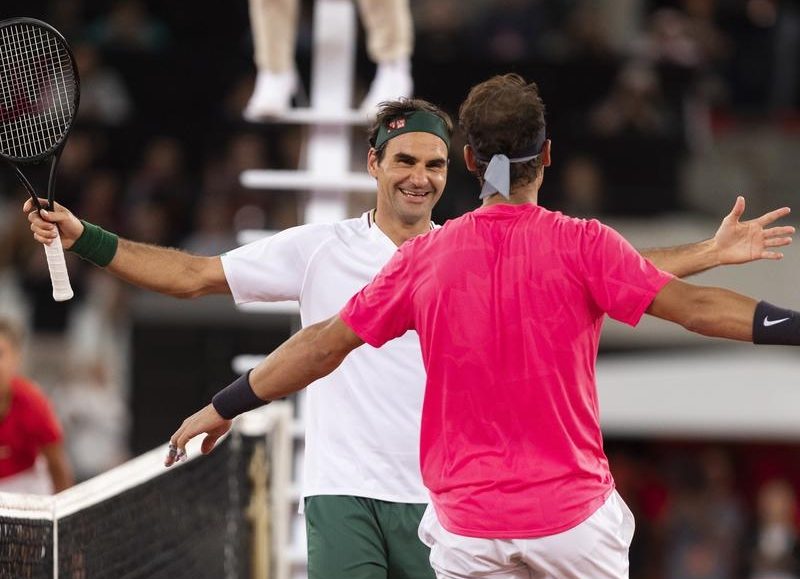
The men’s and women’s professional tennis tours are examining contingency plans for post-coronavirus rescheduling, including the possibility of pushing back the end of the 2020 season.
The heads of the WTA and ATP said on Monday their groups are working together on ways to assemble a new calendar.
Under consideration are moving postponed tournaments into weeks that already have events and making the season longer than it already is by playing past the tours’ originally slated November finishes.
All of pro tennis is suspended at least until July 13 because of the COVID-19 outbreak.
That is the day after Wimbledon was supposed to end; the All England Club announced last week it was cancelling the oldest grand slam tournament for the first time since it was shelved from 1940-45 during World War II.
The tours have been periodically telling tournaments, players and the public how long the suspension will last. Another update is expected by the middle of May.
ATP Chairman Andrea Gaudenzi said the men’s tour ideally would like to finish the season on time in November if competition can resume in July.
“Nothing is ruled out at this stage,” he said.
Tennis finds itself in a somewhat unique position because of the international travel required of athletes from week to week, the players’ status as independent contractors and the lack of one overarching governing body.
While superstars such as Serena Williams, Roger Federer, Rafael Nadal and Novak Djokovic have earned millions upon millions over the years – more from sponsorships than prize money – lower-ranked players depend on playing regularly in tournaments for their income.
The combined ATP-WTA Madrid Open, which was to be played May 1-10, announced on Monday it will have a video game version of the tournament on April 27-30, with players swinging controllers instead of rackets.
About $325,000 in prize money will go to the winners, who then can decide what portion of that will be donated to tennis players who need financial help.
Another $55,000 will be used to reduce the social impact of the pandemic.
Last year’s Madrid Open paid out more than $14 million.



